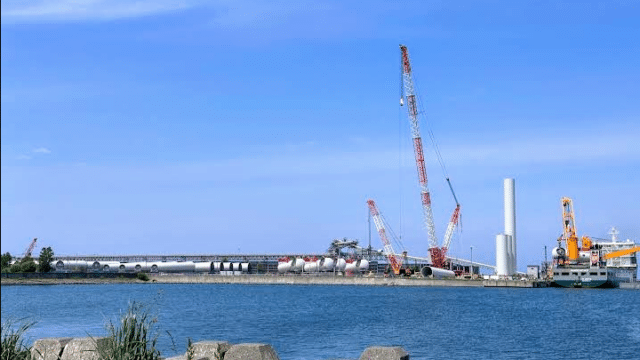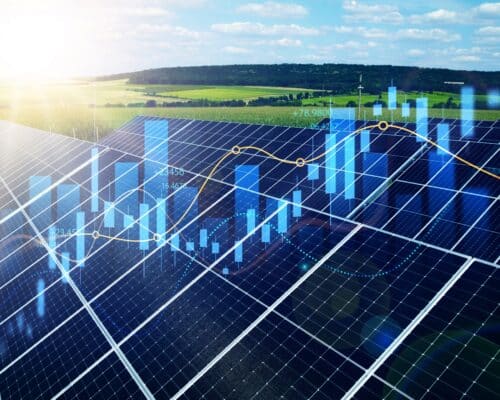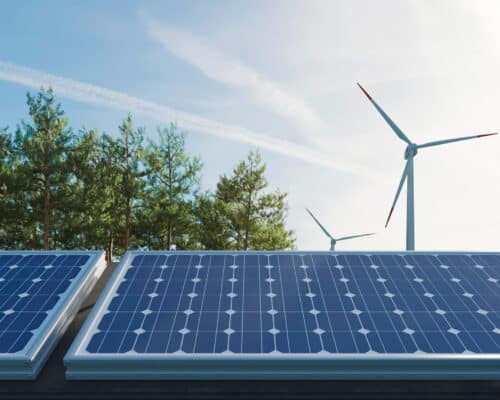Articles
Importance of Climate Finance and Climate Change to Strengthen Global Solidarity
Analysts are clear: climate financing is insufficient and unevenly distributed. Developing Asian countries, especially those in the south, have to be the most concerned, considering they are the most vulnerable to climate crisis impacts.
What Is the Future of Sustainability in Sports and Sponsorships?
The focus of sports has long been on competition, show and profit. Little emphasis has...
The Curious Case of SMBC Group – Financing Climate Change Offenders
While SMBC Group has taken some positive steps in terms of its green commitments, it falls way behind global and even local competitors. Unless the financial institution makes a dramatic U-turn, it will bear the consequences of excessive stranded asset and reputational risks.
Solar Power in Singapore: A Shining Energy Source
Singapore is working to meet 28% of its peak power demand with solar energy by 2030. The country chose solar as its main renewable energy focus due to its high levels of solar irradiance and limited land area. To meet these targets, Singapore will need to invest in innovative approaches to harness its solar power, like floating PV systems.
IEA Gives G7 a Pathway for Decarbonising Steel and Heavy Industry
Decarbonising steel and hard-to-abate sectors is crucial for global net-zero aspirations. While challenging, it is possible, and IEA's list of recommendations set the perfect foundation for G7 countries to start leading by example.
Hyundai Backtracks On RE100 Pledge With New Ulsan LNG Plant
After joining RE100 and committing to 100% renewable energy, Hyundai Motor Company released plans for a new LNG facility. This directly contradicts its RE100 pledge and raises serious accusations of greenwashing. The move is surprising for the second-largest company in South Korea and is seen by many as a poor publicity choice and a financial risk. The project is currently on hold but remains a possibility.
Green Taxonomy: A Tool for Greenwashing
Countries across the world are adopting green taxonomies. They define what is considered "green" energy, support local development of renewable energy and play an essential role in the energy transition. However, some green taxonomies include transition fuels, which many experts view as an avenue for greenwashing non-renewable energy development.
How Iceland is Capturing and Storing Carbon Forever
Climeworks' Orca carbon capture facility in Iceland is an example of how to implement renewable-powered direct air capture(DAC) technology. It should be seen as a blueprint for similar projects around the world. However, DAC is still an expensive proposition, and it will fall on governments to support the industry as the technology improves and costs decline.
After COP26, Towards COP27, Where Are We At Today
COP26 managed to keep the 1.5°C target alive, although with a weak pulse. COP27 would have to instil life in it.
Twitter vs Facebook: A New Report Reveals Which Social Media Companies Take Climate Change Misinformation Seriously
Greenwashing is a serious concern for all types of sustainability movements. While climate change misinformation has historically been found in advertising and company publications, social media platforms are the new battleground. A new report by Greenpeace, Avaaz and Friends of the Earth highlights how each social media giant is currently handling greenwashing. The results show poor performance across the board.
How to Avoid Greenwashing: A Guide for Sustainable Businesses and Marketing Leaders
Today, the public uses a microscope to look for the significant gaps between a firm's words and actions. And if these gaps are found, the reputational damage is often hard to recover from, since markets have long memories. However, business leaders hold their future in their own hands.
Greenwashing Examples 2022: 10 Companies That Greenwash
Greenwashing is found in small and large companies alike, yet the impact is still the same. It erodes customer confidence in sustainability and allows negative environmental impacts. To better combat climate misinformation, it is important to look at, and understand, some of the most prominent cases.
Most Popular
Most Popular
Categories
-
10
-
34
-
126
-
4
-
17
-
46
-
52
-
11
-
10
-
15
-
24
-
6
-
1
-
5
-
6
-
282
-
200
-
17
-
24
-
1
-
1
-
23
-
41
-
44
-
88
-
18
-
86
-
41
-
17
-
11
-
43
-
54
-
86
-
299
-
22
-
44
-
36
-
10
-
42
-
36


